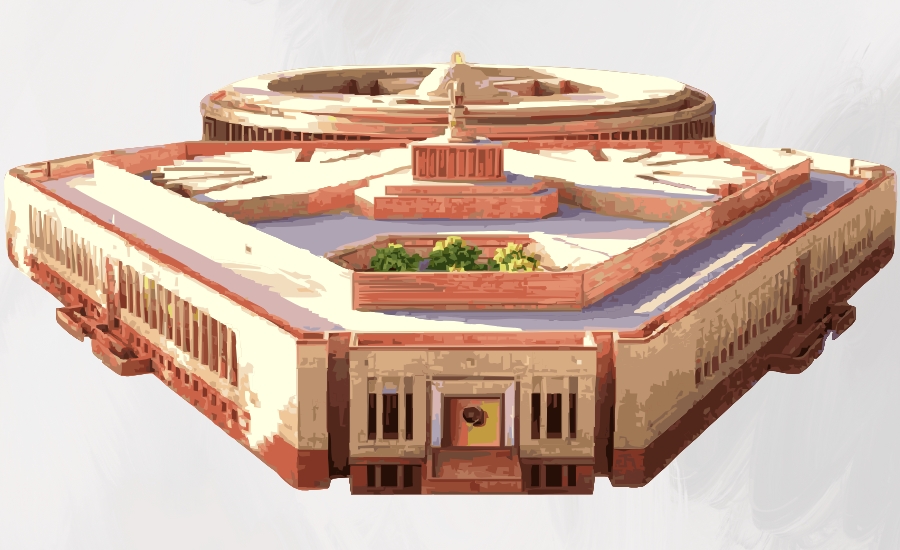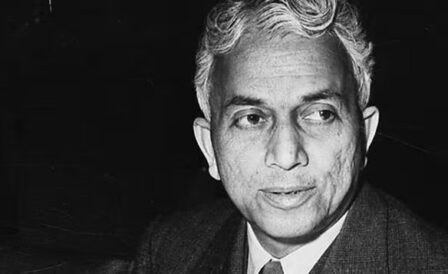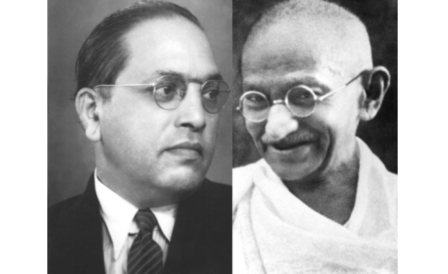
Earlier this month, on June 4, the Ministry of Home Affairs announced that the next Census will be conducted in 2027. Article 82 of the Constitution mandates the delimitation of parliamentary constituencies based on the most recent Census, and it is expected that such a delimitation exercise—entailing the redrawing of parliamentary constituencies—will follow.
The most recent delimitation exercise took place in 2022, specifically for the Union Territory of Jammu and Kashmir, where a Delimitation Commission finalized its order. The Supreme Court in 2023 dismissed a plea challenging that exercise, which had redrawn both Lok Sabha and Assembly constituencies in the region. The Commission’s report, submitted in May 2022, created seven new Assembly seats—six in Jammu and one in Kashmir. The move provoked widespread controversy and criticism from civil society groups and political parties, who alleged that the redrawing amounted to gerrymandering intended to benefit the ruling party at the Centre and to dilute the political voice of minorities in the affected areas.
It is likely that a similar controversy will arise when the nationwide delimitation is undertaken after the 2027 Census. Any attempt at gerrymandering in this context could potentially have far-reaching consequences for India’s political and electoral landscape, potentially entrenching dominant political groups while further marginalizing already underrepresented communities.
The Delimitation Commission is an independent body appointed by the Indian President comprising a retired Judge of the Supreme Court or High Court (Chair), the Chief Election Commissioner, and the State Election Commissioner. Section 9 of the Delimitation Commission Act 1952 provides that the Commission’s orders to dissolve, redraw or create new constituencies ‘shall have the full force of law and shall not be called in question in any court’. This remarkable provision is consistent with Article 329A of the Constitution that states: ‘the validity of any law relating to the delimitation of constituencies or the allotment of seats to such constituencies… shall not be called in question in any court’.
Article 329A was not included in the Draft Constitution of India 1948. B.R Ambedkar introduced the provision on 16 June 1949 and proposed its addition to the Constitution’s “Elections” chapter. The Assembly accepted the amendment without debate. Earlier in the day, Hukam Singh had alerted the Assembly on the critical nature of delimitation (which at the time was expected to be done by the Election Commission): ‘…with a little apathy and some ill-adjustment in the delimitation this Commission can certainly work much havoc and those minorities may not even get what they ordinarily would have got according to their population…’
During the early days of India’s first Lok Sabha, a Delimitation Commission Bill was considered as one of the first agenda items in 1952. The original version of the Bill gave the Delimitation Commission the ‘force of law’, which was later reviewed by a Joint Select Committee. The Committee found it necessary to add a clause to the Bill stating that the Commission’s orders ‘shall not be called in question in any Court’.
When this revised Bill was taken up for discussion in Parliament, no attention was paid to the provision that shunted out the Court from reviewing delimitation orders. There was, however, some discussion on whether Parliament should review them: In the Lok Sabha, R Velayudhan proposed that Parliament must discuss, amend if needed, and ratify the orders before they became law, but this was not accepted by the Assembly. Over at the Rajya Sabha, MP Akthar Hussain highlighted the conundrum that he discerned from the speeches of his fellow members: While some members were wary of granting unelected members of the Commission the authority to make final decisions on delimitation, others were opposed to giving parliament the final say due to concerns that dominant political parties could manipulate the orders to their advantage
In the end, Parliament passed the Delimitation Commission Act 1952 allowing the Commission to have the final say: the orders once published in the Gazette became law and Courts were not allowed to review them. The Constituent Assembly Debates and parliamentary proceedings of India’s first Lok Sabha show that although there were apprehensions the influence of dominant political groups and the executive in delimitation, there was never any consideration given to judicial review. In fact, there was a deliberate effort to exclude the courts from the process, which received widespread support. However, the reasoning behind this decision was not explicitly stated.
Since then, the Supreme Court has invoked Article 329A and the Delimitaton Act to set aside challenges to delimitation orders. In Meghraj Kothari v. Delimitation Commission & Ors, a 5-judge Constitution bench judgement in 1967, the Supreme Court supplied a rationale for why courts are kept out of the process:
“There seems to be a very good reason behind such a provision. If the orders made under Sections 8 and 9 were not to be treated as final, the effect would be that any voter, if he so wished, could hold up an election indefinitely by questioning the delimitation of the constituencies from court to court.”
The fear of litigation stalling elections is reasonable, but should it take precedence over the political rights of citizens, especially minority groups that may be negatively affected by a delimitation scheme designed to diminish their political agency?
In the United Kingdom, delimitation is conducted by independent Boundary Commissions, and courts have generally avoided involvement. However, in R v Boundary Commission for England (1983), the court emphasized that if institutions involved in the delimitation process exercise arbitrary power, then “the courts can and will intervene in defense of the ordinary citizen.” In the US, gerrymandering has been widely recognized as part of its political history, and courts have been relatively more proactive in addressing it. In Shaw v. Reno (1993), the court ruled that electoral districts whose boundaries cannot be explained except on the basis of race can be challenged as potential violations of the equal protection clause.
Courts in these jurisdictions have acknowledged that the redrawing of electoral boundaries is primarily the responsibility of the legislature and executive. However, they have also firmly held that judicial intervention is warranted in cases of gerrymandering, particularly when it results in violations of fundamental rights.
This is a balanced approach that Indian courts could consider adopting. India is due for a census in 2026, to be followed by a nationwide delimitation exercise. Although the Constitution expressly limits judicial involvement in the delimitation process, the courts can interpret constitutional provisions—such as their powers to do complete justice—to assert that when fundamental rights are at stake, judicial intervention is both justified and necessary.
More blog posts

B.N. Rau’s ‘Outlines of a New Constitution’
26 February 2023 • By Siddharth Jha
Sir Benegal Narsing Rau played a key role in the making of our Constitution, as Constitutional Adviser. In this blog, we draw attention to a document authored by him in 1946, which aimed at resolving the political deadlock over India's constitutional future, by presenting a solution acceptable to both the Congress and the Muslim League.

How did Ambedkar and Gandhi imagine Indian Federalism?
13 October 2022 • By Vineeth Krishna and Siddharth Jha
B.R. Ambedkar's and M.K. Gandhi's contrasting views on the caste system, have garnered wide attention. Here, we compare their views on an important constitutional design feature: Federalism.
